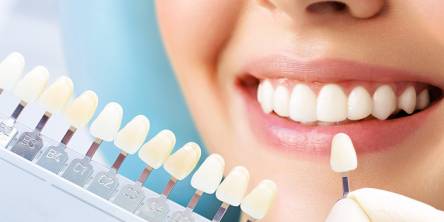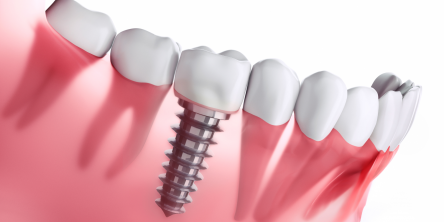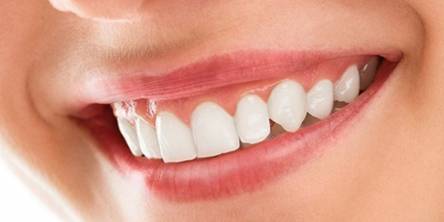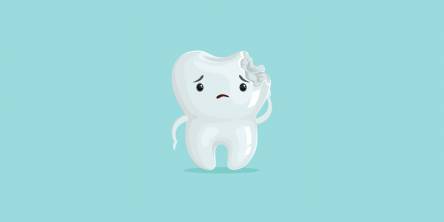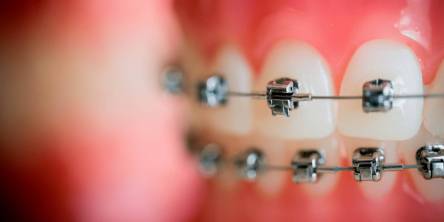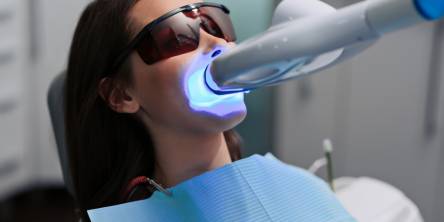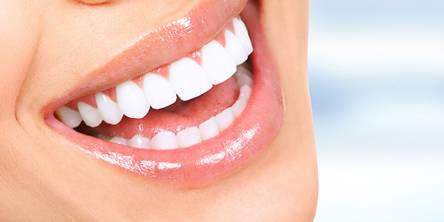7 Questions to Ask Your Dentist Before Getting Veneers
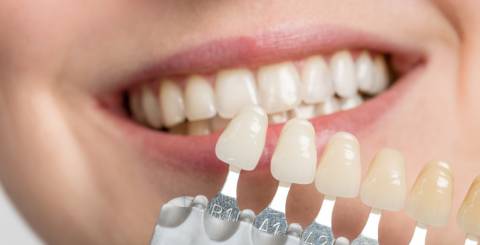
Dental veneers are one of the most expedient ways to achieve the bright, healthy smile of your dreams. Whether you are self-conscious about stained teeth or want to conceal a chipped tooth, veneers can provide a satisfying solution.
However, before you get your veneers, you should be fully informed about what they are, how they work, and what you can do to guarantee their longevity. A personal meeting with your dentist is the best way to obtain this information.
Here are some questions you might ask to help guide your consultation.
What to Ask About Dental Veneers
1) How long does it take to get dental veneers?
The procedure of getting dental veneers can take several appointments, so ask about the timeline before you begin. In most cases, you will have an initial aesthetic consultation during which records will be taken. This will include measurements and an analysis of the facial structure to ensure that your veneers fit and look right. The second appointment will be a more in-depth preparation session. This is typically completed three weeks following the initial consultation. To get the best fit for your veneers, the teeth are minimally reduced (sometimes with no tooth structure removed).
The veneers are then customized in a dental lab to provide the ideal fit, shade, and look you desire. The final appointment is 2-3 weeks after the preparation appointment and is referred to as the cementation appointment. At this appointment, the veneers will be chemically retained in your teeth by bonding the veneer to your tooth.
2) Does it hurt to get dental veneers?
If you are concerned about a frightening or painful visit to the dentist, ask about it right away. The answer will almost certainly surprise you: Most patients report little to no discomfort from this minimally invasive procedure. The only preparation required for your veneers is the removal of a thin layer of tooth enamel; any discomfort you experience during this step will be minimal.
3) What can I eat with dental veneers?
When you have dental veneers, you can eat as you normally would. After getting veneers, it is recommended that you cut food with a fork and knife rather than bite into it with your front teeth. For example, instead of biting into an apple, cut it up into pieces. Following veneer placement, you should avoid:
- Hard and sticky foods
- Tough-to-chew meats
Your dentist can give you more specific instructions when you get your dental veneers applied.
4) What can I do to keep my veneers clean?
When you get dental veneers, you'll naturally want to do everything you can to keep them looking bright, fresh, and new. Your dentist will gladly provide you with some pointers, but in general:
- Make sure you brush and floss regularly.
- Maintain your regular dental cleanings.
- Use whitening toothpaste instead.
- Limit your intake of tooth-staining beverages such as coffee and soda.
- Avoid smoking or using tobacco products.
5) Are there any drawbacks to getting veneers?
Most patients who get dental veneers love them. However, there may be some disadvantages, which have to be discussed with your dentist. Some possible problems with dental veneers include:
- They are generally not advised for people who have gum disease.
- If they crack or chip, they cannot usually be repaired; they must be replaced entirely.
- Veneers can sometimes increase the sensitivity of your natural teeth to heat and cold.
A good dentist will assist you in making an informed decision about veneers.
6) Will insurance pay for dental veneers?
Typically, dental insurance will cover a portion of the cost of any restorative procedure; therefore, if you are getting veneers to repair cracked teeth, your insurance provider may be able to assist. However, if you are getting veneers for purely cosmetic or elective reasons, don't expect insurance to cover the cost.
7) How long will dental veneers last?
Dental veneers can last anywhere from 10 to 20 years, depending on how well you care for them. Having said that, you will almost always need to have your veneers set sooner or later. Due to veneers requiring the enamel of your teeth to be shaved down (albeit minimally), the process is irreversible; therefore, if your veneers begin to wear down, you will need to replace them.
Similar Articles
Cosmetic dentistry has grown in popularity recently, allowing people to improve their smiles and confidence. Despite its rising popularity, cosmetic dentistry has become saturated with myths and misconceptions. This article will debunk the top seven myths, shedding light on the reality behind these common misconceptions.
When you lose an adult tooth, it is critical for your dental health that you replace it. If you don't, you risk teeth moving, increased oral instability, and tooth loss. It could harm the underlying bone. An endosteal implant, often known as a dental implant, is one option for restoring missing teeth.
A smile makeover is a process that improves the appearance of the smile by combining various cosmetic dental procedures, such as braces or Invisalign to correct misaligned teeth, teeth whitening to brighten up discolored teeth, and a dental crown or porcelain veneers to cover unsightly flaws like chips or discolored spots.
When you experience dental pain, you should be aware of whether you require emergency dental care and whether your dental insurance policy covers you. Not all dental disorders necessitate rapid treatment. A toothache, a damaged tooth, or pain from a dental crown are severe dental problems, but they are not always emergencies, so it is best to plan ahead of time.
Tooth decay, commonly known as dental caries or cavities, is a common oral health problem that affects people of all ages. While much has been discovered about the causes and prevention of dental decay, numerous myths still exist
Damon braces have gained popularity in orthodontic treatment because of their innovative design and efficiency in correcting tooth misalignments. While traditional braces have long been the preferred option, Damon braces provide a more comfortable and barely noticeable alternative.
Anyone and everyone who is unhappy with the appearance of their mouth can benefit from cosmetic dentistry. Cosmetic dentists can offer effective treatments and guidance to make you feel better about your physical appearance
Using a light-activated bleaching gel in laser teeth whitening has become a prevalent cosmetic dental procedure. Its increasing popularity can be attributed to people's desire to enhance their appearance and boost their self-assurance.
At-home glo teeth whitening kits have become incredibly popular among celebrities on social media. Also, they are consistently appearing as sponsored adverts on Instagram and Facebook. Furthermore, when you Google these devices, nearly all of what you see are paid reviews from well-known bloggers who skip over any risks of these goods

